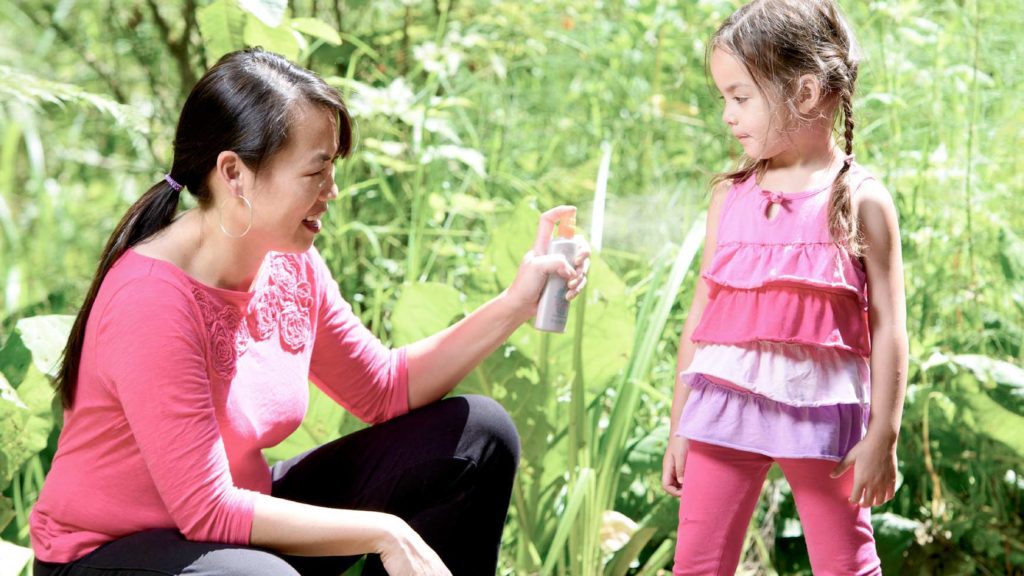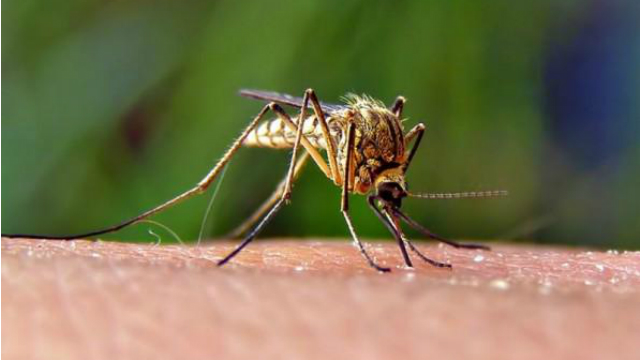Parents Ultimate Guide to Insect Repellent for Kids
It’s that time of year again, with warmer weather comes the return of Louisiana’s second state bird… the mosquito! In this installment of our Ask the Expert series, Dr. Mindy Calandro shares the best way to protect yourself and your kiddos from those pesky, Southern mosquitoes. Parents Ultimate Guide to Insect Repellent for Kids N,N dimethyl-m-toluamide […]
Parents Ultimate Guide to Insect Repellent for Kids Read More »



